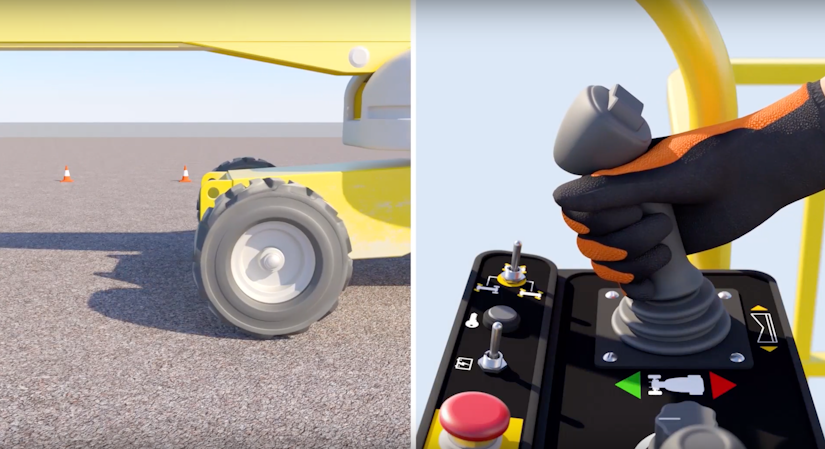New ANSI standards on aerial lifts to be delayed due to appeals | Dump Truck Company

IPAF members offer online ANSI training for MEWPs at www.ipaf.org/training.
New standards governing aerial charlotte nc dump truck company platforms will be delayed for three months, taking effect March 1 instead of December 10, reports the International Powered Access Federation.
This gives dump trucks charlotte nc and others in the industry three more months to prepare for the new sweeping standards approved by the American National Standards Institute. The standards affect all who operate, sell, rent, repair, manufacture or ride on telescopic and articulated boom aerial platforms and scissor lifts. The standards also change the name of the devices to mobile elevated charlotte nc dump truck company platforms, or MEWPs.
For contractors, the new standards require getting MEWP operators trained, as well as developing safe-use programs, among other changes. (Check out Equipment World’s recent series on the new standards for a more in-depth look at what the changes mean for contractors, by clicking here.)
Though the delay will give dump trucks charlotte nc and others in the industry more time, Tony Groat IPAF North American regional manager, recommends the industry not put off preparing for the new standards.
“While the effective date of the standards has now been extended by three months, IPAF advises all powered access stakeholders in the U.S. to continue to familiarize themselves with the key changes and requirements in the proposed new standards, with a view to achieve compliance as soon as practicable ahead of the effective date,” he said.
Groat and others had said previously delay was possible due to two appeals being granted concerning the standards’ language. Groat has said the appeals would require a limited revision that should be short-lived.
The appeals center on language that violated the ANSI Commercial Terms Policy. The American Rental Association filed one of the appeals, challenging language that said each MEWP must have a “manual of responsibility” when it is delivered and that the manual be maintained on the machine by its owner.
ARA argued that the manual is copyrighted by the Scaffolding and Access Industry Association and that SAIA is its only source. This violates ANSI policies that say its standards can’t endorse products with a sole source. ARA said the manuals cost $8 per copy, and requiring rental companies to buy one for each machine “amounted to a significant burden on the industry.”
Over the next 60 days, the ASC A92 Main Committee will go through a 30-day recirculation ballot and a 30-day appeals period before submitting a final proposal to ANSI to try to resolve the appeal. Further appeal is possible after that, during a subsequent 15-day period.
